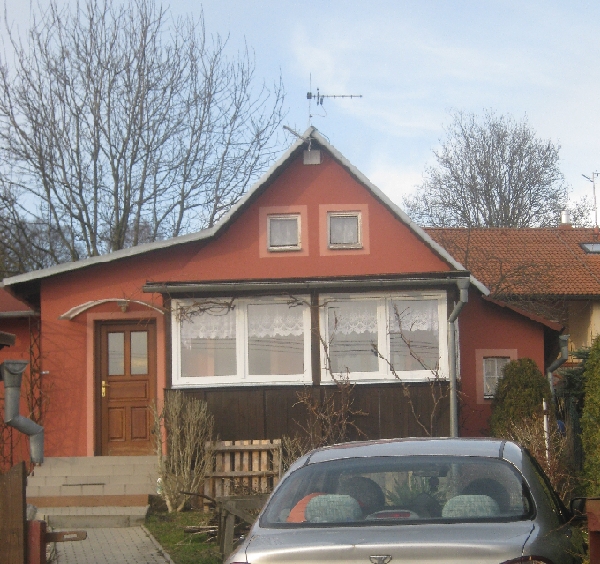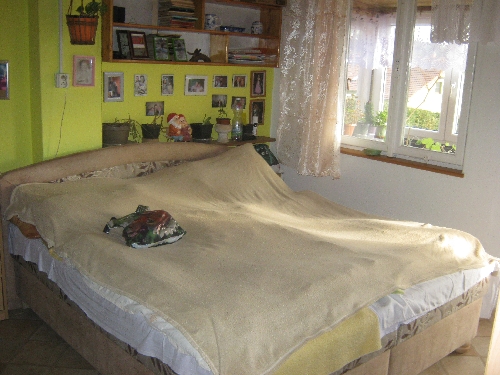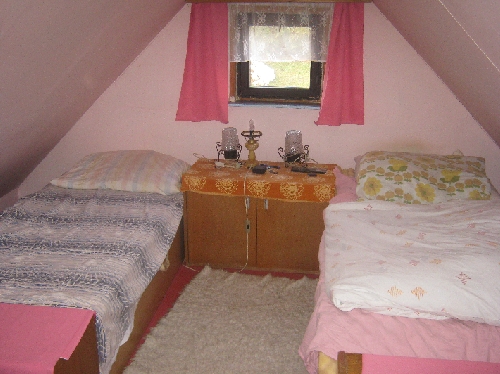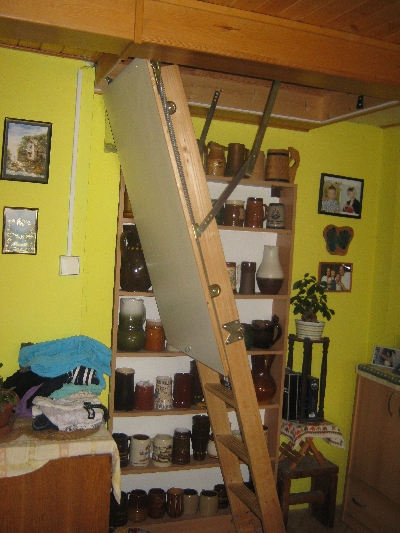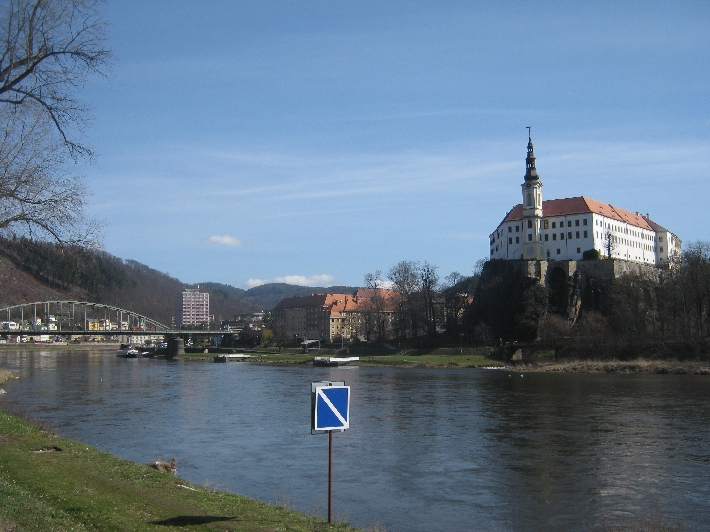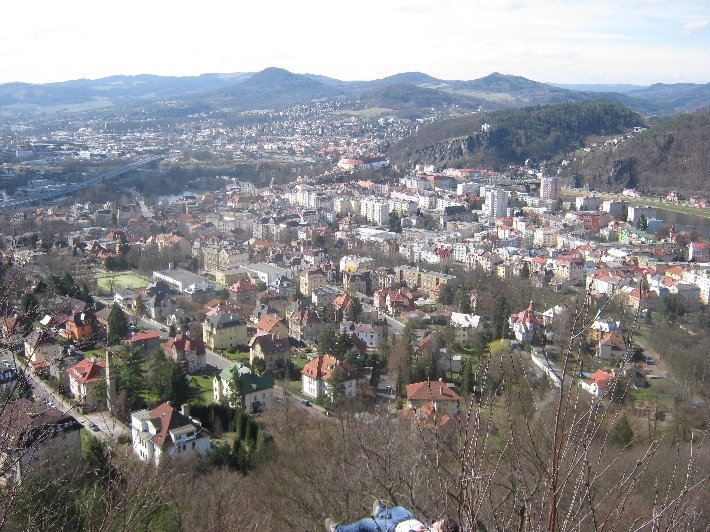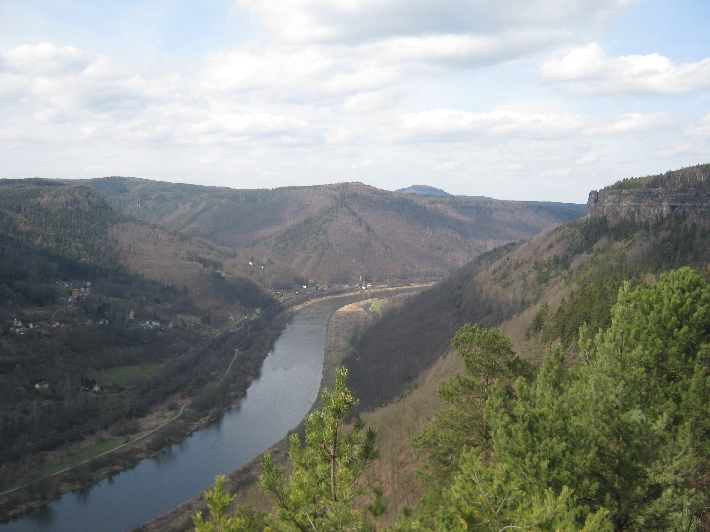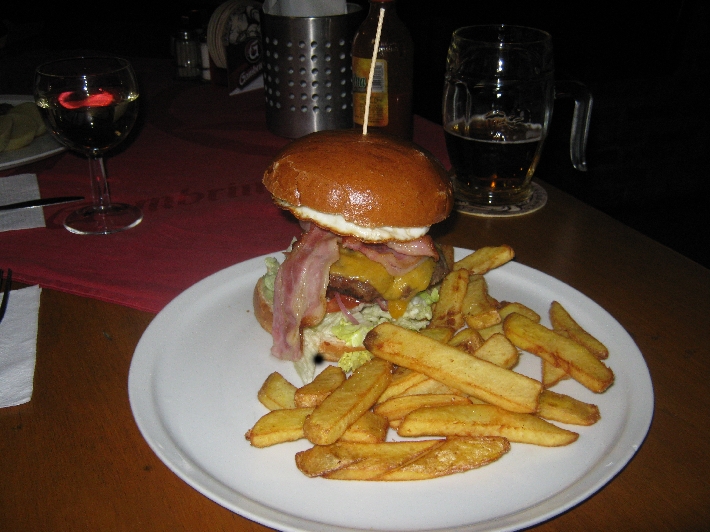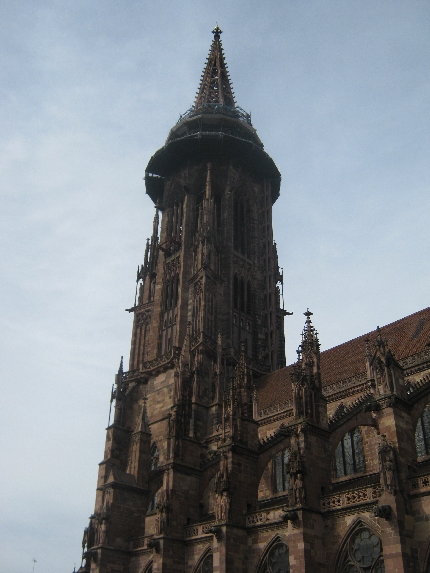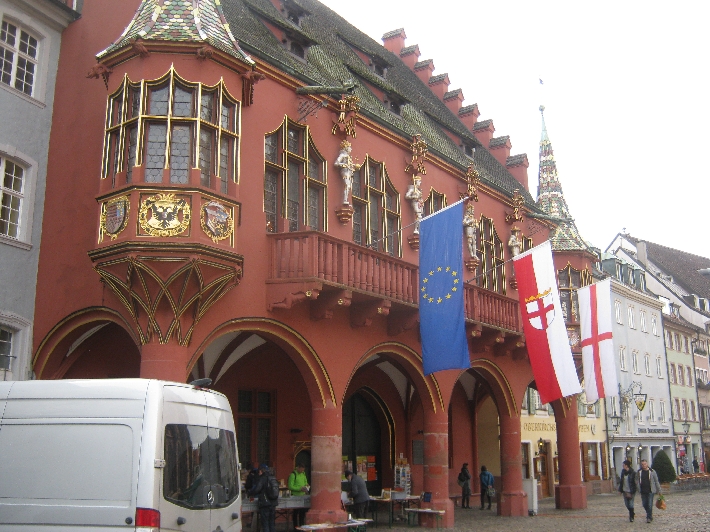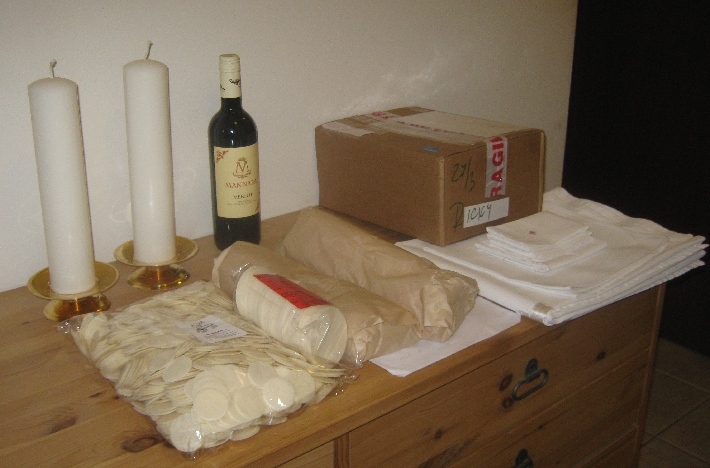
There is a month with five Sundays to go, before I retire. But within that short period, I have a visit from my Anglican Diocesan Bishop, Rt Rev’d Dr Robert Innes, followed by Palm Sunday, Holy Week and Easter, then two weeks later, my farewell service.
Following worship last Sunday, I realised that there were several things that needed attention. The first was, that unless we were to expect Bishop Robert to perform the miracle of Cana 🙂 , we needed more wine for communion. Whilst not quite as desperate, we were also running quite low on communion wafers.
Secondly, both altar candles had burnt quite low and one had sprayed wax onto the main altar cloth. There were also spots of wine on both the corporal and the credence cloth so, along with the two purificators that had been used that morning, I took all the altar linen home with me for washing, to make sure everything is pristine for the Bishop’s visit this coming Sunday.
I solved the lack of wine problem in the normal manner by picking up a screw top bottle of Italian red from our local Kaufland supermarket, when shopping there earlier this week. But this morning, I realised that I’d better get started addressing the other issues, to ensure my last month as Anglican Chaplain in the Czech Republic, does proceed smoothly.
First thing this morning, I set up the iron and ironing board. Then, aided by a supply of kitchen roll, I proceeded to melt and remove candle wax from the altar cloth. Wine stains on the other linen were sprayed with ‘Vanish spray’ before everything was put in the washing machine for a 95° hot cottons wash, along with a sachet of ‘Intensive white & stain remover’, just for good measure.
Once everything was washed and hung out on the balcony to dry, taking full advantage of our current warm, Spring, sunny weather, I then headed into town by tram. First, I went to the Church vestry, to pick up the two bases for our altar candles, the Confirmation register, together with a sample priest’s and people wafers. Then it was three stops on the Metro to Karlovo námestí, to visit the Roman Catholic supplies shop, Pro Ecclesia.
Aided by a very friendly and helpful member of their staff, I came away with a rather heavily laden rucksack containing:
-
two new altar candles.
-
three candles for our Confirmation candidates to carry down the aisle with the Bishop at the end of the service this coming Sunday.
-
two baptism candles for the twins I’m due to baptise on Palm Sunday.
-
A packet of a thousand peoples wafers.
-
A packet of fifty priests wafers.
-
Two new purificators to replace two that went AWOL when I was on holiday 😉
The total bill was CZK 1400, about £44.00. I suspect it would have been far greater at a Church suppliers in the UK. I was amused to note from my receipt, that Communion wafers, Hostie in Czech 🙂 attract a lower rate of VAT, presumably because they are deemed to be food! To be fair, once consecrated, they are the ‘Bread of life’.
On the way home, I also stopped by at our nearest post office, in order to collect a packet our post lady chose not to try and deliver to us a few days ago. It was our supply of Palm Crosses, ordered from the UK, as distributing Palm Crosses on Palm Sunday is very much an Anglican tradition, unknown in the Czech Republic. There was the usual problem of trying to find it as no Czech surname begins with the letter ‘Y’, therefore there isn’t a slot to store it. Instead, it had been filed under ‘Ricky’ 🙂
Once home, Sybille kindly washed and cleaned the altar candle bases. Armed with a sharp knife, I then carved out a bit more wax to make the candles sit firmly upright. Then I ironed all the altar linen. The result of all my labours can be seen in the photograph at the beginning of this post, except for the yet to be completed Confirmation register, everything sitting ready to be taken to Church.
When on a pastoral visit to a family on Wednesday, I was kindly given a bottle of Prosecco as a present. After getting all that lot sorted today, I decided this evening that I needed a reward and cracked it open. I’ve been drinking the contents whilst writing this blog post 🙂

